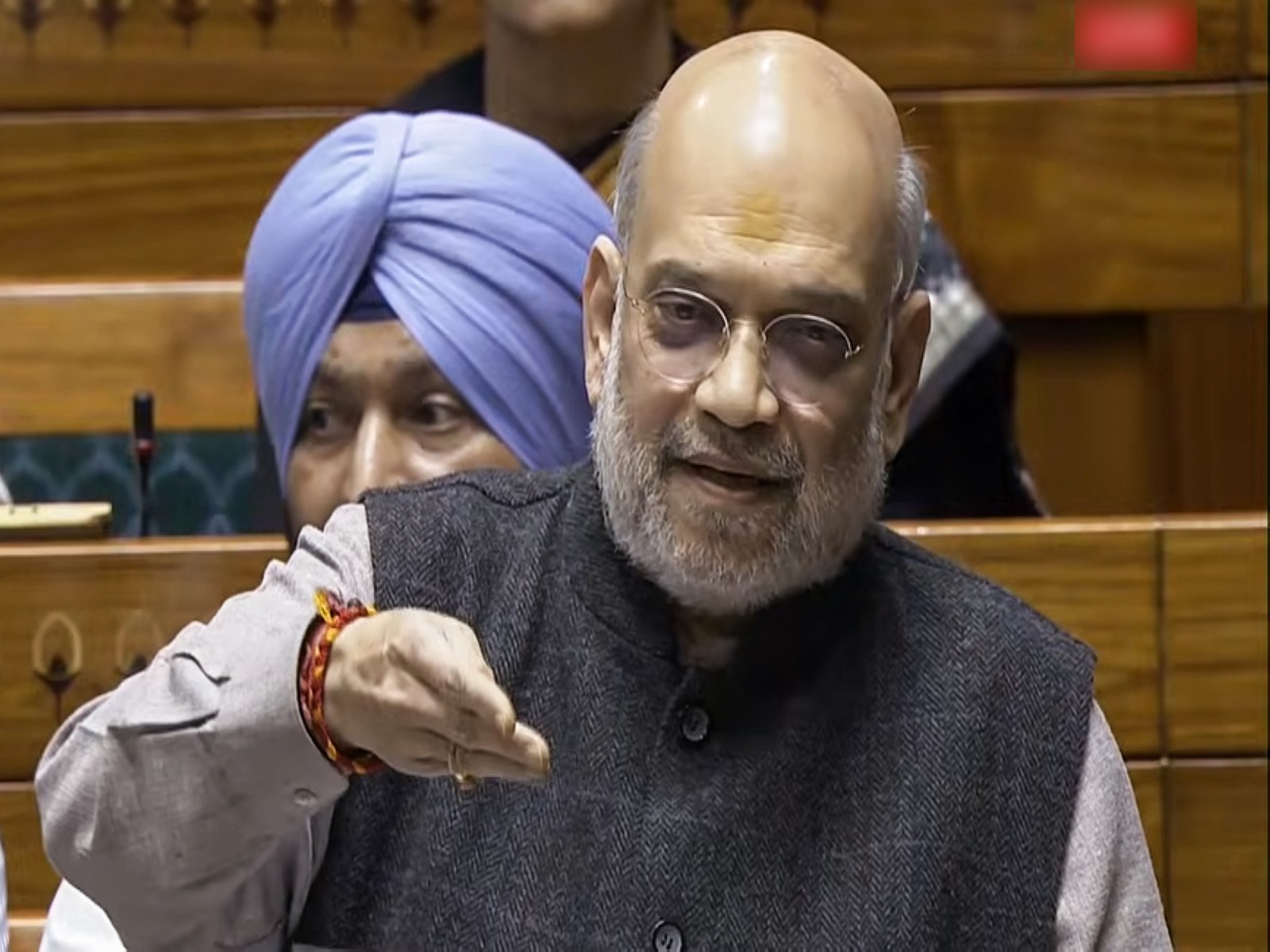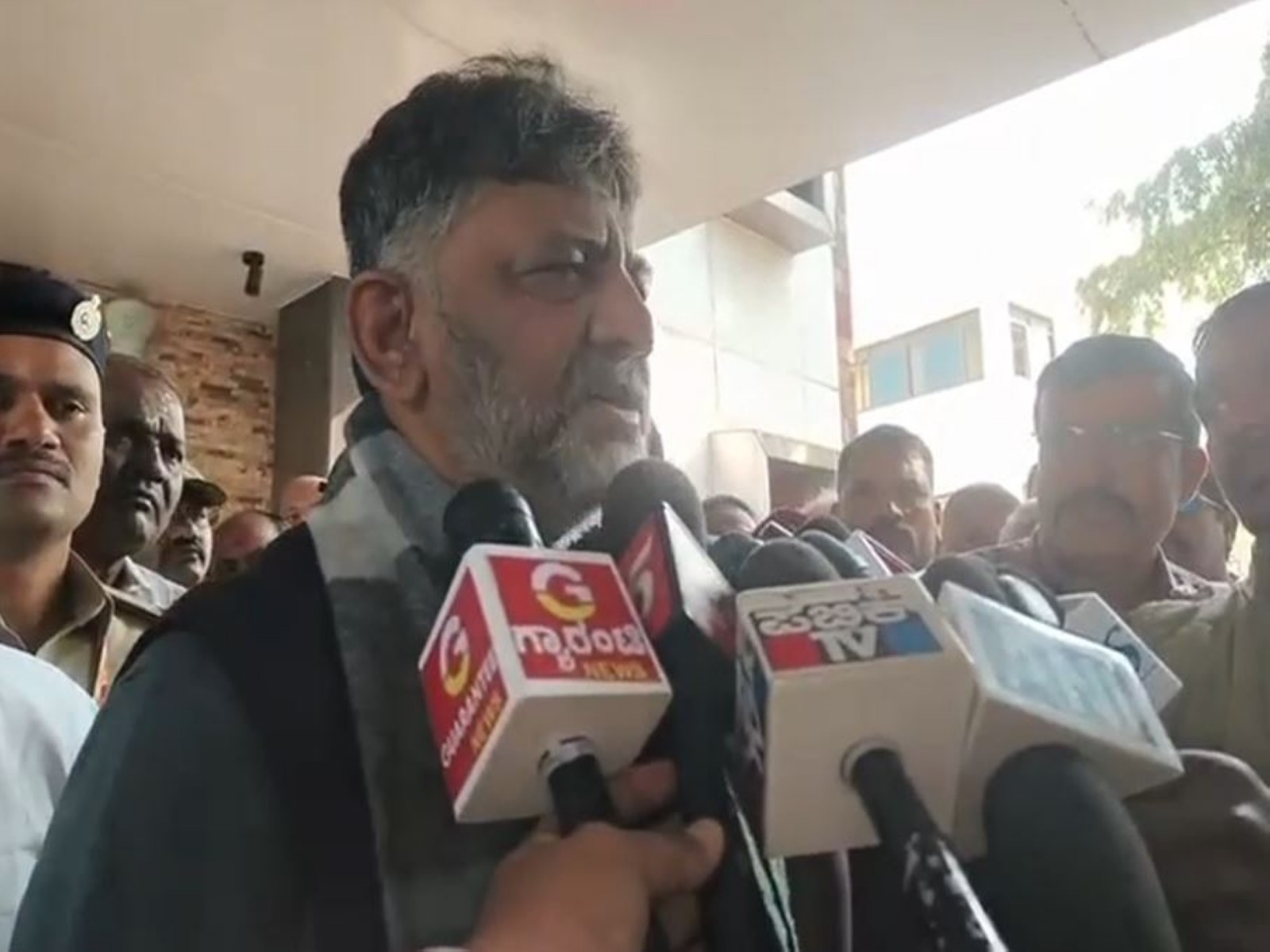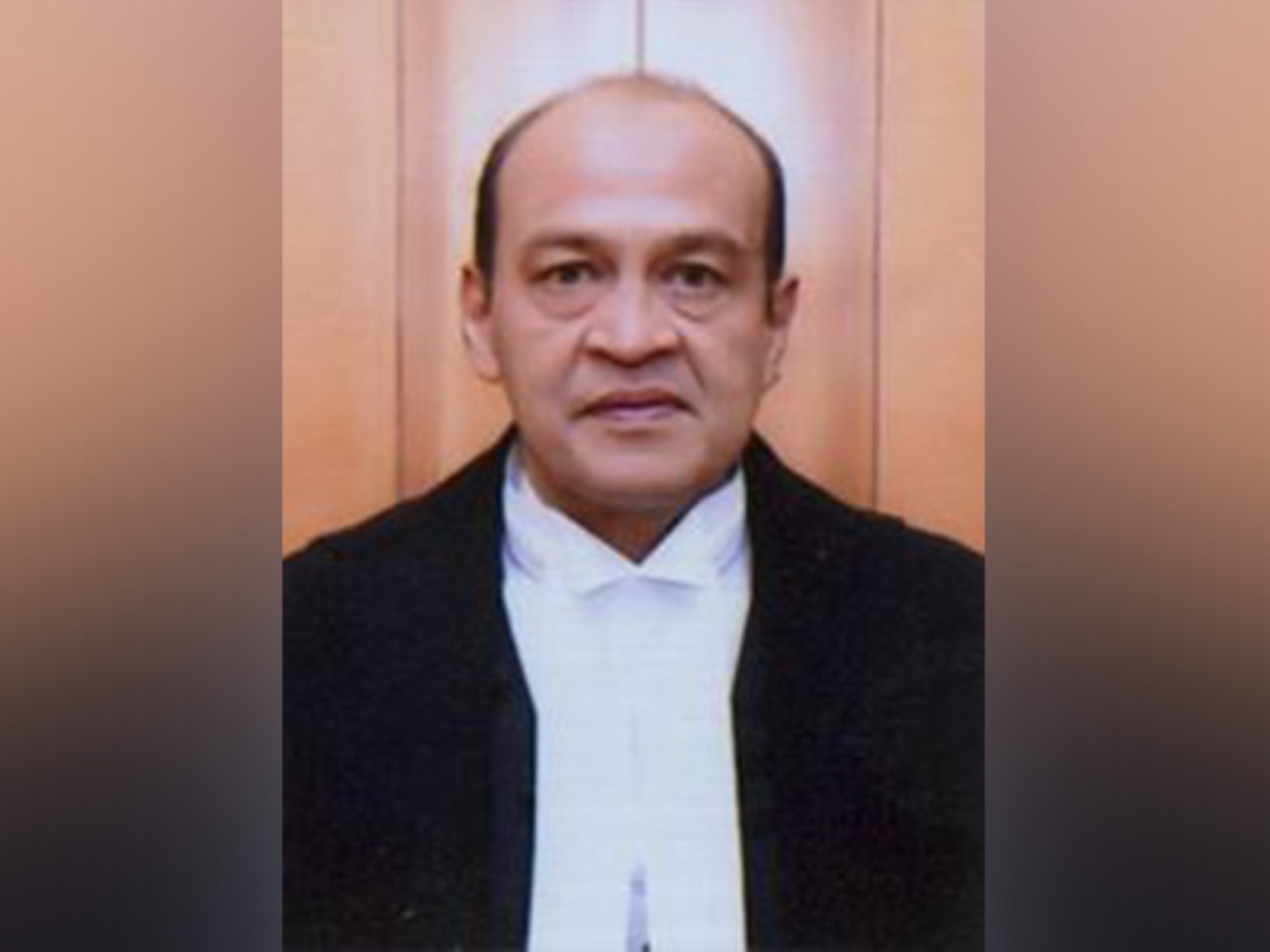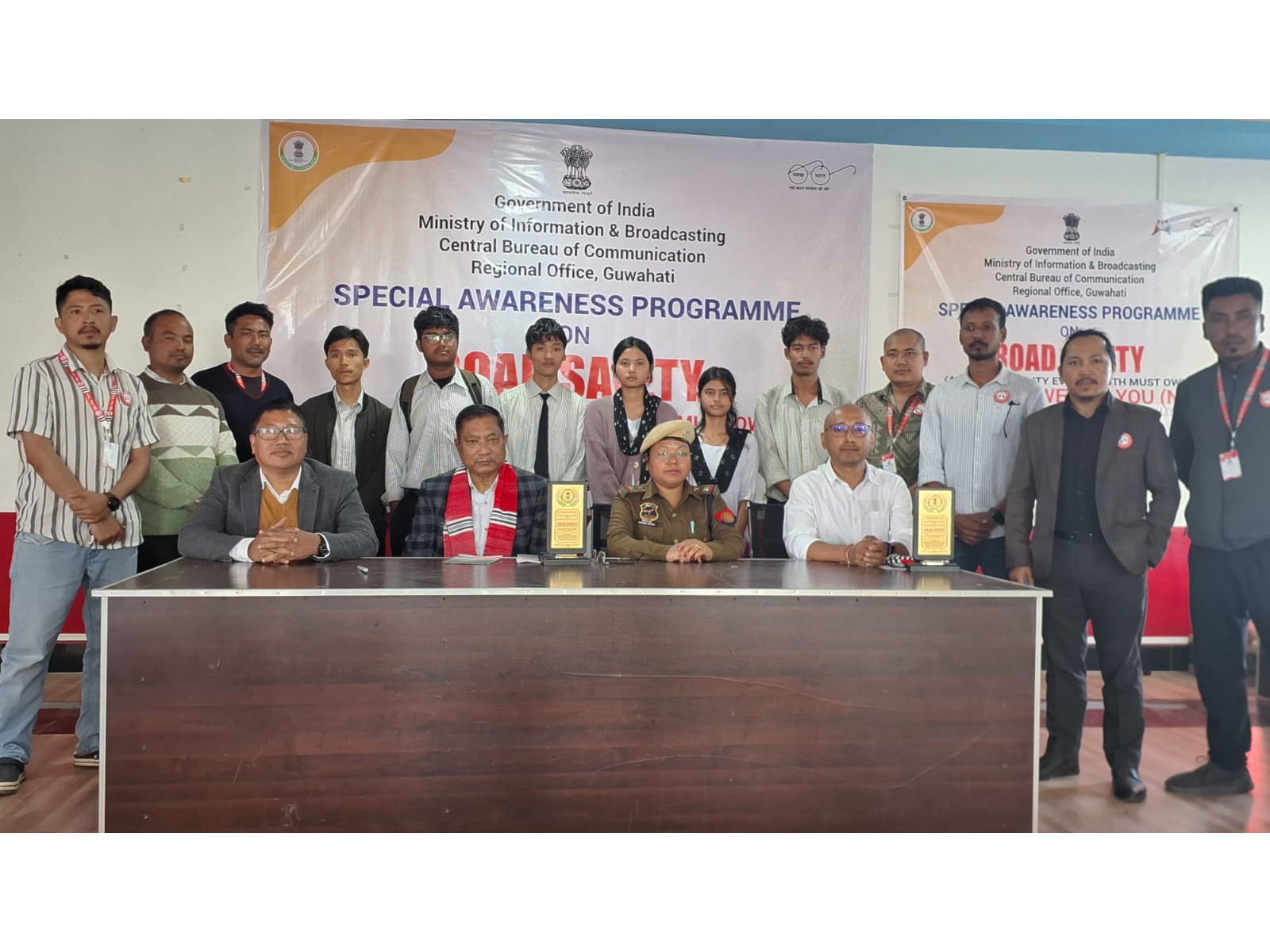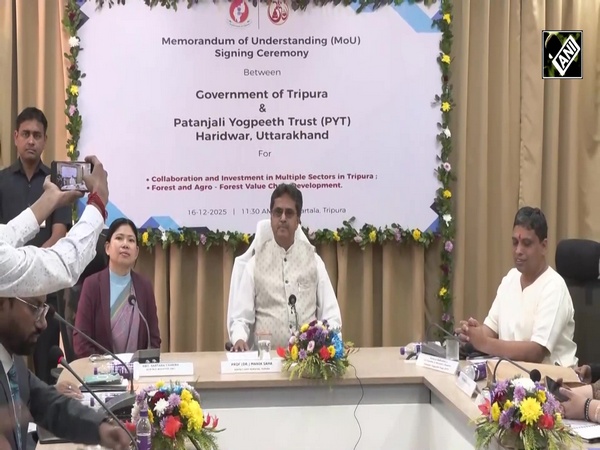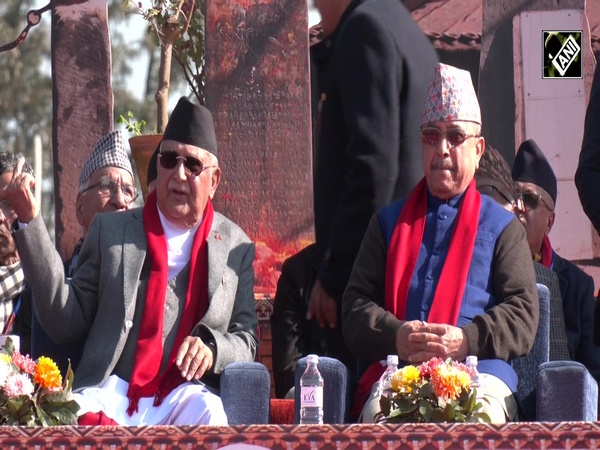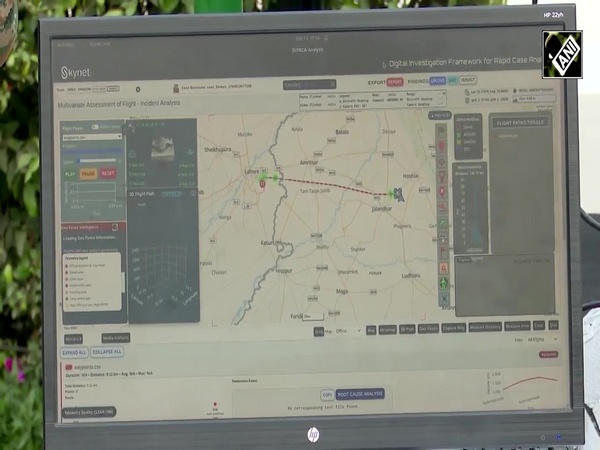Haqqani network raises its stake in Taliban-ruled Afghanistan triggering international concern
Dec 13, 2021

Kabul [Afghanistan], December 13 : The Haqqani network, which is internationally recognized as a terrorist and insurgency group, has become prominent in Taliban-ruled Afghanistan which is of concern to the international community.
Despite being one of the most potent figures now in charge of running an embattled nation of 38 million, the Taliban-appointed Minister of the Interior Sirajuddin Haqqani - leader of the notorious Haqqani Network - remains as elusive and shadowy as ever, according to Knewz.
Earlier, in October this year, Haqqani made his first public appearance at Kabul's Intercontinental Hotel - lauding suicide bombers and promising payments to their families.
However, all photographs published by news outlets in attendance and by guests on social media were either blurred or elusive.
Moreover, the US-designated terrorist is believed to be around 48 years old and is yet to conduct a formal media interview and endeavours to ensure that his face is never exposed to the world.
Meanwhile, the Federal Bureau of Investigation continues to disseminate a years-old, barely-discernible photograph of Sirajuddin - commonly referred to as Siraj or Khalifa (boss) - along with the active US $10 million rewards for his arrest, placed in 2007.
Earlier, Haqqani Sirajuddin is also said to regularly change location and keep his schedule and movements secret, despite running internal security for Afghanistan.
Meanwhile, the infamous network deemed a division of the Afghan Taliban but independent of its command apparatus, was founded by anti-Soviet warlord Jalaluddin Haqqani.
Earlier, Haqqani has been commanding the network since its founder and his father Jalaluddin died in 2018 after a lengthy illness. It has long been deemed the most robust and brutal wing of the Taliban and had been blamed for a string of high-profile assaults ranging from the 2011 attack on the very same Kabul InterContinental Hotel, to suicide bombings on the Indian Embassy, and attacks against the U.S. Embassy and the Afghan Presidential Palace, according to Knewsz.
On the other hand, during decades of insurgency in Afghanistan, the Haqqani Network was based in Pakistan's tribal region of North Waziristan, conducting cross-border missions to attack US interests and troops. The branch hit America's Foreign Terrorist list in 2012.
Nonetheless, the Haqqani influence in Afghan affairs raises the uncomfortable prospect that its close allies, al-Qaeda, could again find a foothold in the war-ravaged country, despite the 2020 Doha agreement that the Taliban would not host the international terrorist outfit, according to Knewz.




